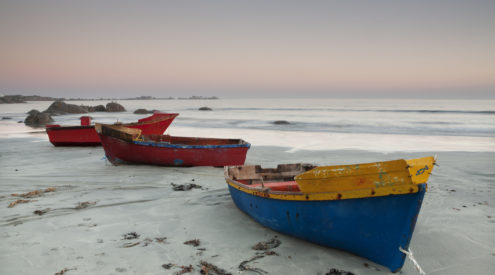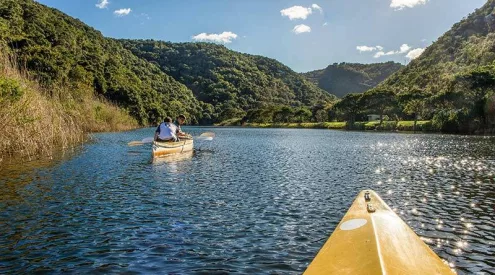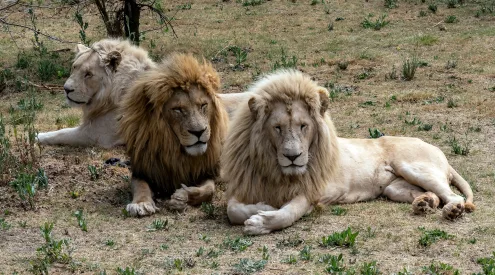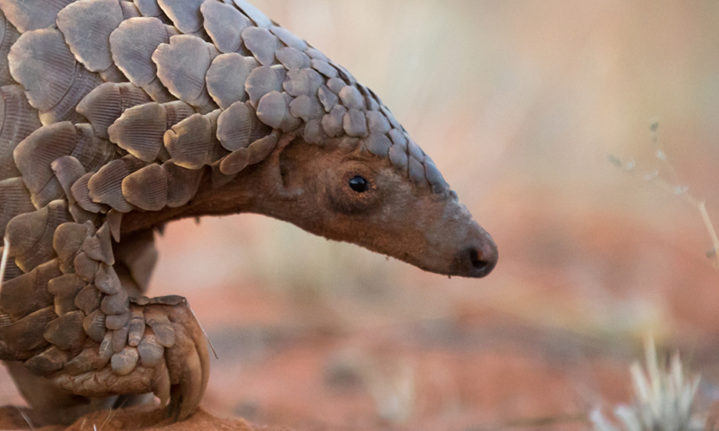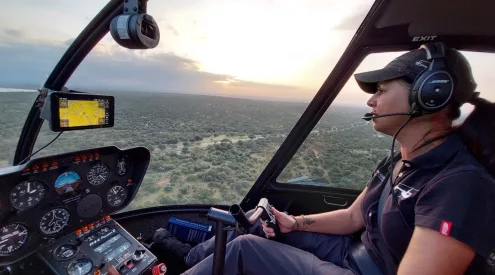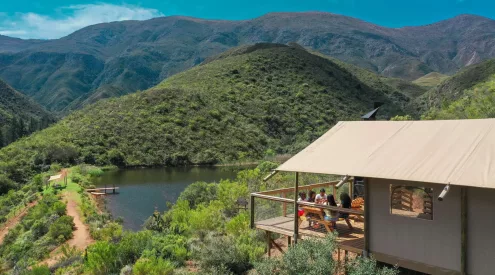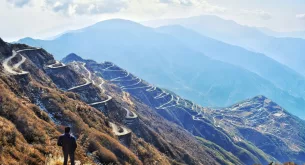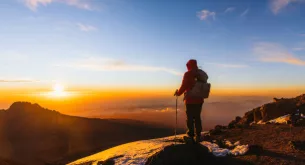Eye of the Pangolin – a new documentary which premiered last Friday on Endangered Species Day – is now available for free streaming via the Pangolin.Africa website and YouTube channel or pangolin.africa/the-film.
Those behind the project want it to become the most watched wildlife documentary ever, believing that awareness of the pangolin and its endangered status is the only way to save it from extinction.
The 45-minute film tells the story two South African filmmakers, Bruce Young and Johan Vermeulen, who travel the continent to find the four different species of the elusive African pangolin, the most trafficked mammal on Earth. Along the way they also meet the people who are trying to save the creatures, which are now on the edge of extinction.
Due to an increasingly insatiable market in Asia, the pangolins in that region have almost entirely disappeared as they continue to be poached and become part of the illegal wildlife trade. Traditional Chinese medicine places great value on the supposed healing powers of pangolin scales and their meat is considered a dining delicacy.
Eye of the Pangolin notes that it takes 1,900 pangolins to make one ton of scales, and so far 23 tons have been intercepted leaving South Africa this year alone.
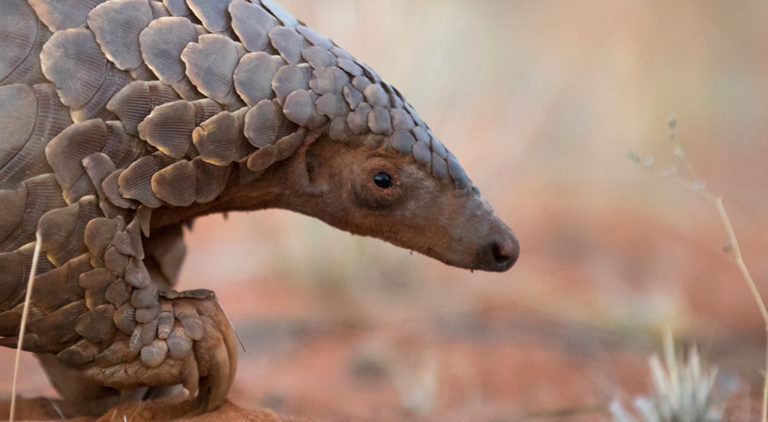
Ground pangolin. Image credit: Johan_Vermeulen
On their journey throughout the continent, Young and Vermeulen encounter many who have fallen under the pangolin’s strange and mesmerising spell. They question the nature of man’s relationship with the wild creatures of this planet and ask: ‘If we lose the pangolin, do we lose a part of ourselves?’
Says Young, ‘Our goal is to make Eye of the Pangolin one of the most watched wildlife documentaries ever so we have made it freely available to screen to anyone in the world via the Pangolin.Africa website. So many people don’t even know what a pangolin is. If people take a look at the wild world around them and reassess their relationship with it and its wildlife, then there’s a chance we’ll save these mystical creatures. We are asking people to share the link with everyone they know so that we can hopefully reach a global audience of millions.’
His views are echoed by Vermuelen: ‘There are still many people that haven’t even heard of a pangolin before. If we can change that, if we can educate them and inform them about the threats it is facing, then we have achieved what we have set out to. The most important thing is to make the users of pangolin scales realise that a pangolin scale, just like rhino horn, is nothing more than keratin.’
The filmmakers also intend to take the documentary to wildlife and conservation film festivals as well as embark on an intensive screening campaign at educational establishments across Africa and worldwide.

Image:




